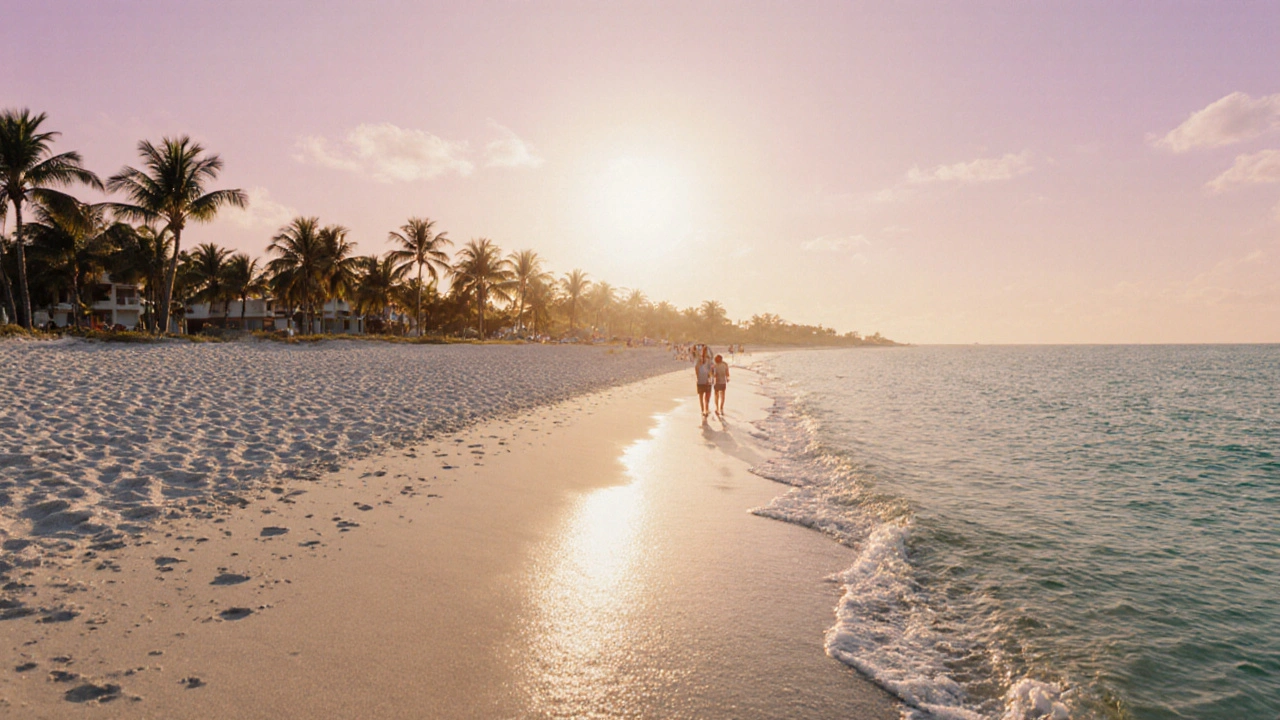Everglades: Explore Florida’s Wild Heart Near Kissimmee
When you think of Florida, you might picture theme parks and beaches—but just south of Kissimmee lies something far wilder: the Everglades, a vast, slow-moving river of grass that stretches over 1.5 million acres and is the largest subtropical wilderness in the U.S.. It’s not a park you drive through—it’s an ecosystem you move through, where water flows silently, alligators glide like logs, and herons stand statue-still in waist-deep water. This isn’t just nature. It’s a living, breathing system that supports over 360 bird species, 300 freshwater fish, and more than 20 threatened or endangered animals.
The Everglades National Park, the third-largest national park in the contiguous U.S. and a UNESCO World Heritage Site sits right on the southern edge of Kissimmee’s orbit. You don’t need to drive hours to get there—many of the best access points, like Everglades City and Flamingo, are under two hours away. And unlike Disney crowds, here you’ll find quiet airboat rides, kayak trails through mangrove tunnels, and sunrise views where the only sound is the croak of a gator or the flap of a roseate spoonbill. The swamp ecosystems, a unique blend of freshwater marsh, mangrove forest, and tidal estuary here don’t exist anywhere else on Earth. They filter water, protect coastlines from storms, and feed everything from tiny shrimp to the elusive Florida panther.
People come for the alligators. But they stay for the silence. For the way the light hits the sawgrass at dusk. For the smell of wet earth after a summer rain. You won’t find gift shops or fast food here—just boardwalks, ranger-led talks, and the occasional spotted eagle ray swimming through a tidal creek. The wildlife in Everglades, including crocodiles, panthers, and the endangered Florida manatee are not just attractions—they’re the reason this place still exists. Conservation efforts have turned back decades of damage, and today, you can see the results: ospreys nesting in restored marshes, otters playing near trailheads, and children spotting their first wild alligator without fear.
What you’ll find in the posts below aren’t just travel tips—they’re real stories from people who’ve paddled through the ’Glades at dawn, slept under the stars near Chokoloskee, and learned how to read the water to spot hidden wildlife. You’ll see how to avoid the tourist traps, where locals go for airboat tours, and why the best time to visit isn’t winter—it’s spring. Whether you’re a family looking for an outdoor adventure, a solo traveler chasing quiet, or a photographer chasing light, the Everglades won’t give you a postcard view. It’ll give you something deeper: a moment where nature doesn’t perform for you. It just is.
- November 3 2025
- 12 Comments
- Lucas Harrington
What Is the Prettiest Part of Florida? Top Natural Beauty and Hidden Gems
Discover the prettiest parts of Florida beyond the theme parks-from Siesta Key’s legendary sand to the wild beauty of the Everglades and the quiet shores of St. George Island.
- Disney World Vacations (35)
- Kissimmee Florida (29)
- Florida travel (26)
- Crypto & Blockchain (10)
- Information & Privacy (5)
- Blockchain & Cryptocurrency (4)
- Disney Parks & Tips (3)
- Disney History (3)
- Travel (2)
- Travel Tips (2)
Categories
- January 2026 (6)
- December 2025 (29)
- November 2025 (41)
- October 2025 (16)
- September 2025 (6)
- August 2025 (3)
- July 2025 (3)
- June 2025 (2)
- May 2025 (2)
- April 2025 (1)
- March 2025 (6)
- February 2025 (11)
Archives
- Florida beaches
- Disney World
- Florida
- Florida travel
- Kissimmee demographics
- Kissimmee
- Kissimmee Florida
- Orlando tourism
- Disney park hours
- Disney World tips
- Disney vacations
- Disney 100
- theme park tips
- Disney celebration
- tourism
- Disney secrets
- Disney history
- travel
- Disney World crowd calendar
- Disney World cost

